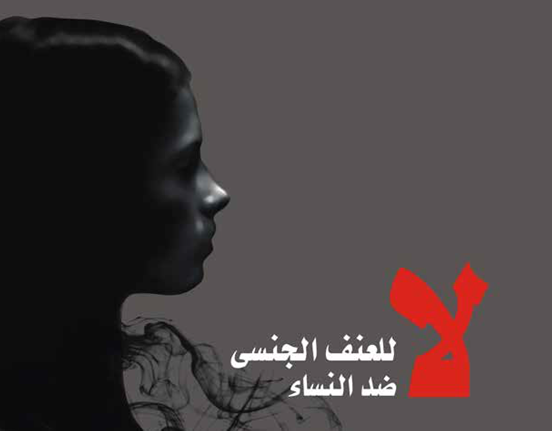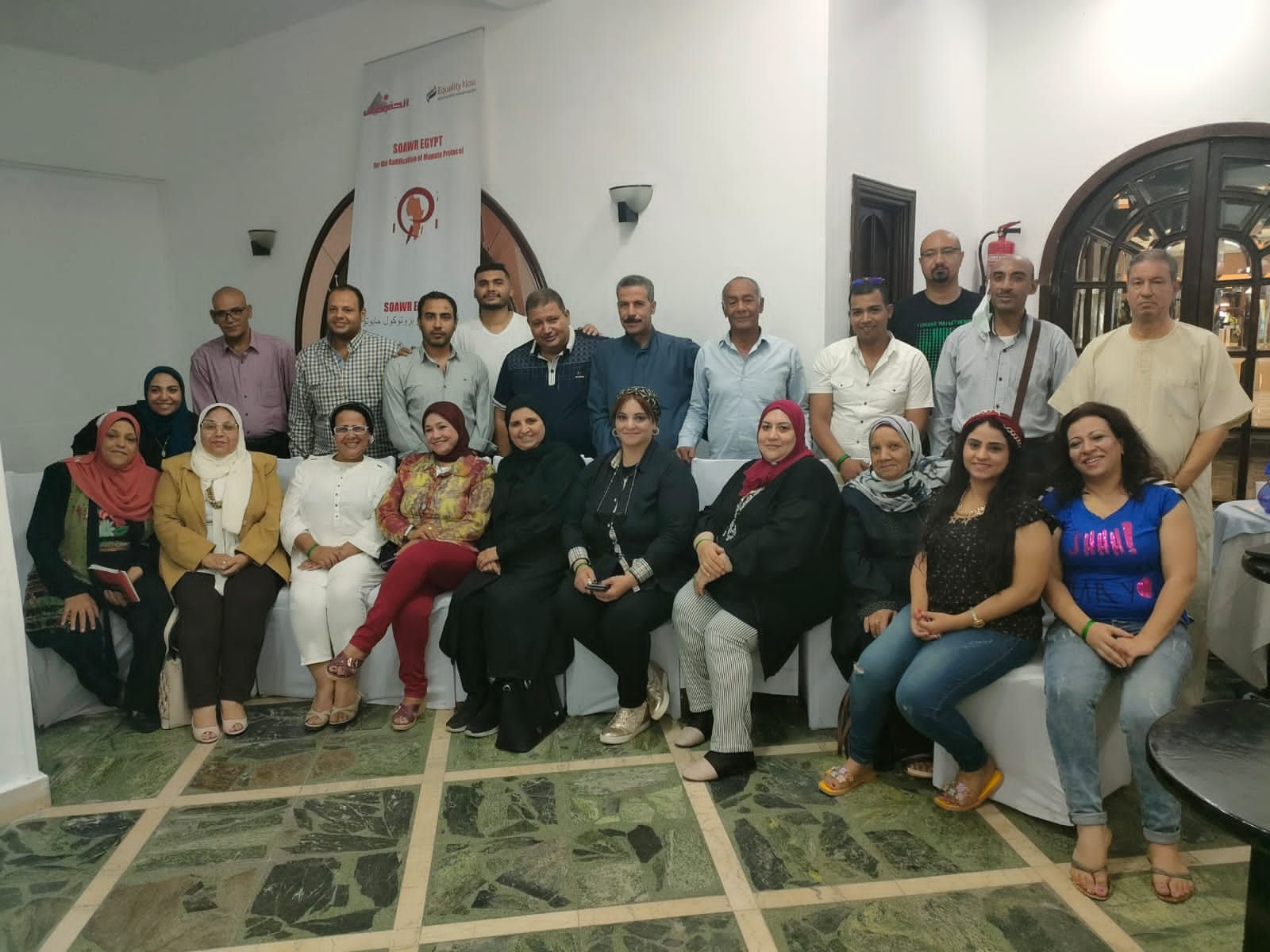
No to sexual violence against women
Gender
-based violence (GBV) can be defined as any act that causes physical, sexual or emotional harm and reinforces gender inequality. Women are disproportionately affected by GBV (although it applies to men and boys, as well), yet women’s rights issues remain hugely underfunded with the majority of aid still reaching males. GBV is an issue that affects hundreds of millions of people around the world and has particular implications for those holding a marginalized racial, ethnic, class, indigenous, or disabled status. Thus, to effectively combat GBV it is essential to recognize that this problem is central to all humanitarian issues (e.g. emergency relief, health, education, etc.) and not just those focused on gender. In this guide you will find information on some of the major issues within GBV, basic grant-application tips, 15 foundations that fund initiatives fighting GBV, and a list of networks and resources.
Child Marriage
According to the global partnership “Girls,” around girls under 18 (sometimes as young as 8) are married each year. Girls who are forced into child marriages face increased risk of encountering domestic violence, experiencing complications and /or fatality during pregnancy and childbirth, and contracting sexually transmitted infections, including HIV. Additionally, they are denied access to education and in the vast majority of cases live in lifelong poverty.
Female Genital Mutilation (FGM)
The World Health Organization estimates that between 125 and 150 million women and girls alive today have experience female genital mutilation (FGM), which involves the partial or complete removal and, in some cases, reshaping of external female genitalia. This practice has no proven health benefits and puts women at risk for hemorrhaging, infection (including HIV), infertility, complications during childbirth, cysts, and various other physical and psychological problems. Cultures that practice FGM believe it is necessary for social acceptance, hygiene, and controlling female sexual desire. FGM is performed in 28 countries across Africa, as well as in parts of the Middle East and Southeast Asia.
Sex Trafficking
Sex trafficking is considered a violation of human rights and a form of sex discrimination, as nearly all victims are female. Sexually exploited women and girls are often experience various violations, including but not limited to forced sex with pimps and customers, beatings, and forced abortions. Sexual exploitation is hugely underreported because victims fear stigmatization, are threatened with violence and deprivation of food or money, lack faith in institutions, or have limited access to legal services or knowledge about how to navigate them.









